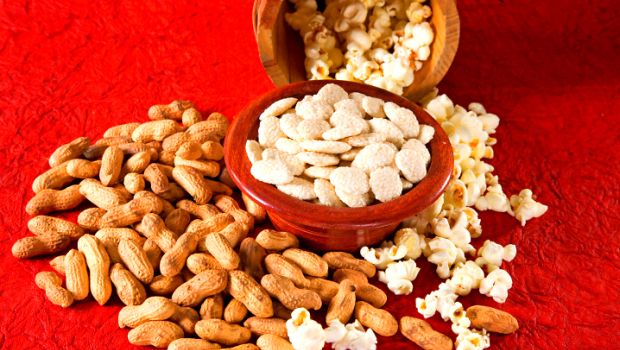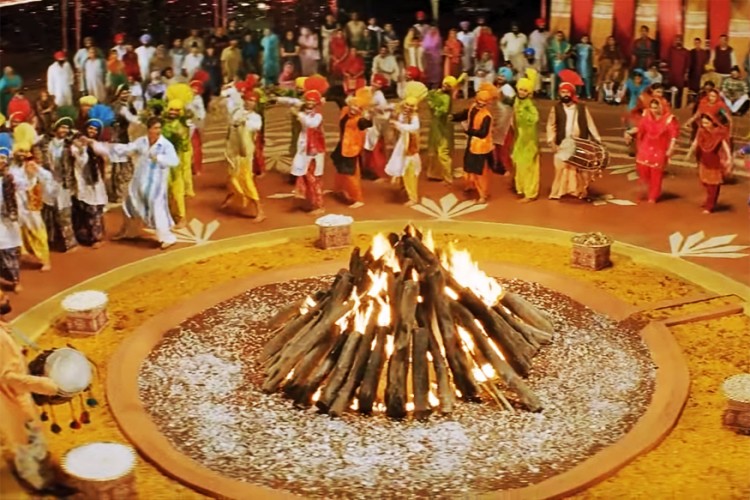On 13th January, the entire country observed Lohri celebrations, sitting in a bunch around a bonfire in the evening, popping corns and munching peanuts with classic folk music in the background. But have you ever wondered what the story behind this one is? Let’s take a dive into the origin and significance of Lohri.
The origin of this festival can be traced back to the legendary Dulla Bhatti, a landlord who stood up against the mighty Akbar and revolted against the Mughal rule. Just after the end of the first week of January, groups of small boys turn up on houses in their locality and chant Lohri songs related to Dulla Bhatti. In return, people give them peanuts, crystal sugar, popcorn, sesame seeds or gur as they are supposed to be carriers of good luck. This festival marks the end of winter which is the last day of Paush and beginning of Magha around January 12th or 13th when the sun changes its course. The bonfire signifies the sun and fire to which people worship for good faith in God. This is known by different names in various regions of the country as in Northern India its exclusively called Lohri.
Dulla Bhatti, the central character in the Lohri songs was a Muslim highway robber who resided in Punjab during the reign of Akbar. His actions in the region had made him a hero in the society. He used to steal money from the rich and give it to those in need. He also rescued girls from the slave market who were forcibly being traded and arranged Hindu boys for them to marry and provided them with a dowry. Understandably, every song has mentioned him and thanked him for his act of kindness.

The ceremonies of Lohri usually start with making a sculpture of Lohri goddess using cow dung and putting up on a fire to give it its final shape before decoration. The final ceremony begins during the dawn when large bonfires are organized in colonies or by small societies in which they toss gur, rewaries, sugar candies etc along with dancing and singing until the fire dies down. People share memories, talks about the town and experiences from different walks of life.
Lohri connects us with our age-old traditions and customs and brings us closer to our grandparents who teach us the right way to celebrate it. All in all, this is a festival that we cherish that lets us take out some time from our busy schedules and spend quality time with each other.


















